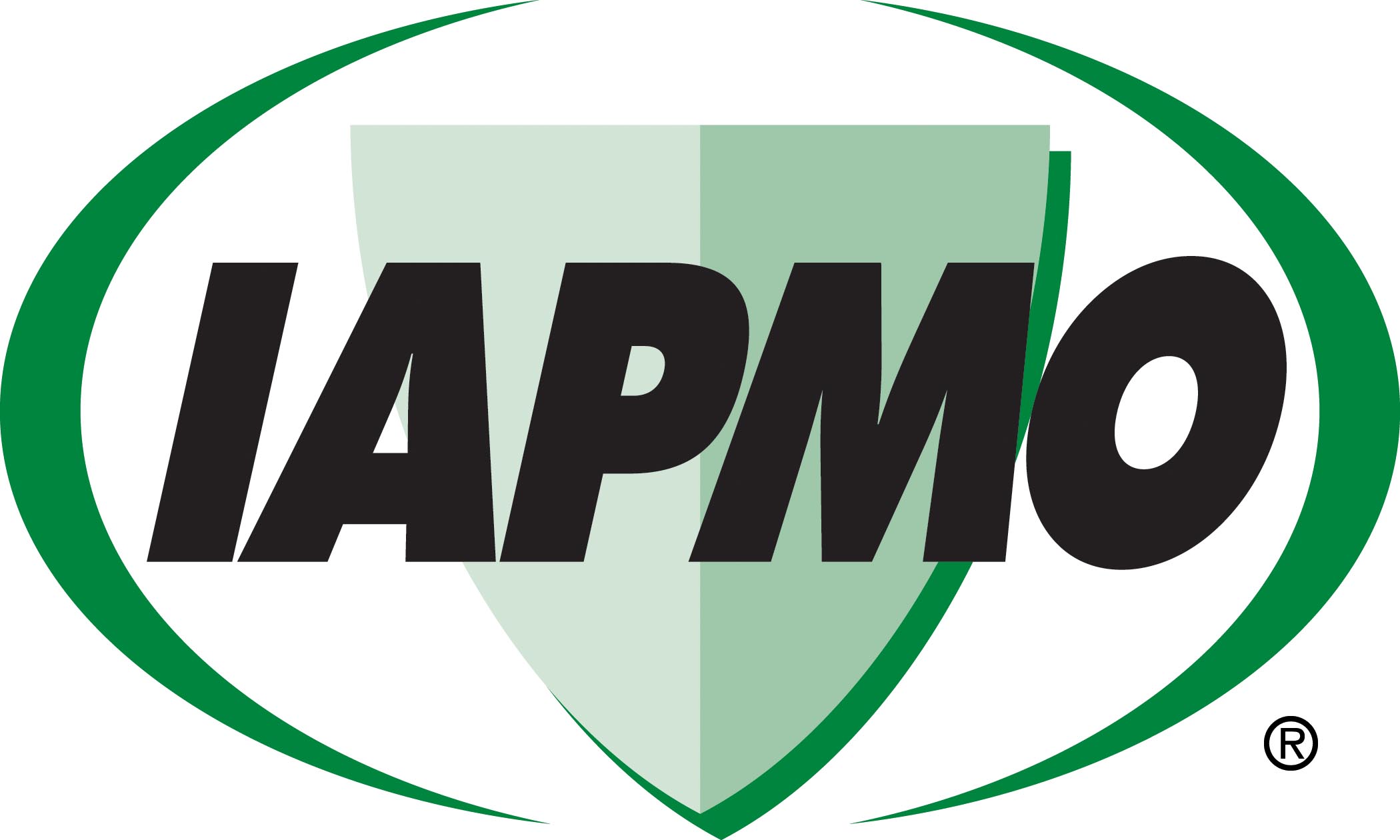Austin, Texas — The 88th Texas Legislature this session has reaffirmed support for the Uniform Plumbing Code (UPC®). House Bill 2689 would have mandated that all jurisdictions in the state adopt the International Plumbing Code, thus limiting options for jurisdictions in Texas. This issue has been unsuccessfully pushed by special interests for the last few legislative sessions and, once again, the measure failed. This victory was delivered by years of hard work and dedication by the plumbing industry.
More than five million Texans live in areas that have adopted the UPC. Nationwide, nearly 96 million people live in UPC jurisdictions. The one-size-fits-all approach of HB 2689 would have been detrimental to the plumbing industry and the communities it serves, stifling innovation and flexibility in plumbing practices. The industry has long opposed efforts to mandate a statewide plumbing code in Texas, and the defeat of this legislation is a prime example of the plumbing industry, both union and non-union, moving in lockstep to preserve and protect its plumbing code of choice.
“This is a significant victory for the plumbing industry in Texas and a testament to the hard work and dedication of our partners who have been tirelessly advocating for the adoption of the UPC,” said John Mata, IAPMO senior director of Field Services.
“We are encouraged that the legislature rejected this legislation for a third time, ensuring that jurisdictions in Texas can continue to make informed decisions that best suit their local plumbing needs, rather than being forced to adopt one plumbing code,” said Josh Hollub of the Plumbing-Heating-Cooling Contractors Association of Texas (PHCC).
“The legislature recognizes that our industry prefers the UPC and acted accordingly to defeat this unfunded mandate,” said Wayne Lord of Plumbers Local 68. “We believe the UPC provides the greatest health and safety benefits for all Texans and are proud to support its continued adoption.”
There are many significant resilient provisions that communities can enjoy in the UPC, such as specifications to address the impact of water temperature on the potential for scalding and Legionella growth. The UPC also includes holistic provisions for storm piping materials and sizing methodologies, along with domestic water right-sizing through the addition of the Water Demand CalculatorTM (WDC). The UPC is the only national model plumbing code with significant updates for water pipe sizing in buildings since the development of Hunter’s Curve more than 80 years ago. It is the result of a multiyear, IAPMO-led effort to develop a new statistically based pipe sizing method stemming from a need to address profound water safety and wasted water and energy concerns due to oversized water supply pipes in homes and buildings.
Other noteworthy updates in the 2021 edition include:
- Alternate Water Sources for Nonpotable Applications
- Nonpotable Rainwater Catchment Systems
- Alternate Plumbing Systems
- Potable Rainwater Catchment Systems
- Sustainable Practices
The UPC was introduced in 1928 and formally published as the Uniform Plumbing Code in 1945. It is developed using IAPMO’s consensus development procedures accredited by the American National Standards Institute (ANSI). This process brings together volunteers representing a variety of viewpoints and interests to achieve consensus on construction practices. Developed and subsequently republished at the conclusion of each three-year code cycle, the Uniform Codes are designed to provide consumers with safely functioning systems while, at the same time, allowing latitude for innovation and new technologies.

IAPMO
IAPMO develops and publishes the Uniform Plumbing Code®,the most widely recognized code of practice used by the plumbing industry worldwide; Uniform Mechanical Code®; Uniform Swimming Pool, Spa and Hot Tub Code®; and Uniform Solar Energy, Hydronics and Geothermal Code™ — the only plumbing, mechanical, solar energy and swimming pool codes designated by ANSI as American National Standards — and the Water Efficiency Standard (WE-Stand)™. IAPMO works with government, contractors, labor force, and manufacturers to produce product standards, technical manuals, personnel certification/educational programs and additional resources in order to meet the ever-evolving demands of the industry in protecting public health and safety.
Last modified: June 1, 2023

